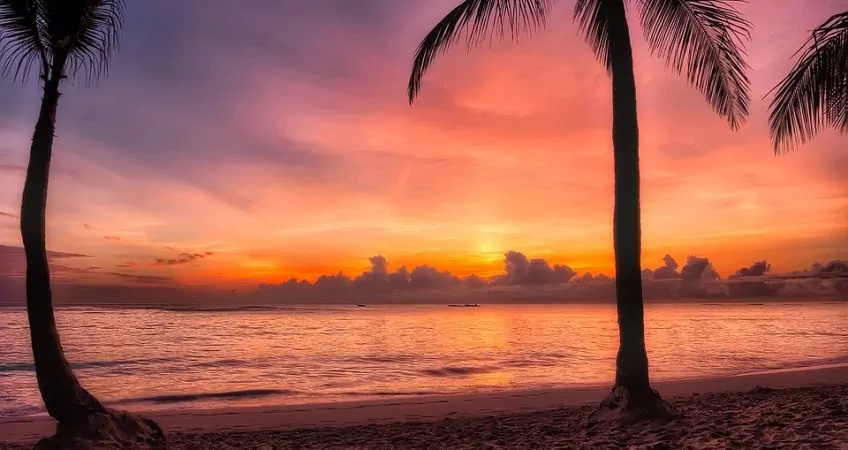
Why I’m Applying For Residency In The Dominican Republic
This Country Ticks All The Go-Offshore Boxes
About 18 months ago I began the process of applying for residency and citizenship in the Dominican Republic.
My attorney in the DR contacted me last month to let me know that my naturalization paperwork is almost ready.
How soon could I make it back to the country to finalize things, she wanted to know.
Eighteen months from start to finish for residency and naturalization is pretty quick.
However, in the DR, the process can be even quicker.
I’m not an easy client. It took me forever to get the paperwork together, and my schedule hasn’t allowed me to return to the country in a timely fashion as it came time for each next step to be taken.
Dominican Republic: Citizenship and Residency Options
The only faster option for naturalization could be one of the citizenship by investment programs (CIPs) offered by a handful of Caribbean islands… and those, as you know, come at a much more significant cost.
Although you can take the investment route to establish residency in the Dominican Republic, this country’s program doesn’t work like a CIP. You apply for citizenship after you’ve been resident for some period of time. If you qualify for residency under the fast-track residency program, that period of time is just six months.
A DR passport currently allows you visa-free access to just 62 countries. Given that, it may not be the best option for someone looking to give up their current citizenship from a country that ranks high for visa-free travel.
On the other hand, you can’t beat the cost and speed, especially if what you’re after is a backup option for travel and living.
DR citizenship is also a good investment for your family’s future. Once you’re naturalized, your kids can get naturalized, no matter their age, simply by virtue of your status.
The Dominican Republic is a country on the move… a market to get into. GDP growth has averaged 7% per year for each of the last four years… and inflation is low, ranging from less than 1% to 3%.
Tourism is up. Poverty is down.
Of course, this is still a developing country. From an investor’s point of view, that means plenty of unrealized upside.
I’ve been recommending property investment in the DR for the past decade. Over that time, values have increased… but not as dramatically as I predict they are going to move up from here.
Right now, DR property prices are low for the Caribbean… downright cheap in some areas. Rental yields are strong—reaching into double digits—in the beach resort areas and capital city Santo Domingo.
Plus, it’s possible for a nonresident to get a mortgage from a local bank… albeit at interest rates that are higher than in the United States or Europe right now.
In short, the DR ticks all the go-offshore boxes…
Residency is easy and quick.
Citizenship is easy and quick.
Banking options are limited, but the available banks are strong and accustomed to working with foreign clients.
You can finance your DR investment properties locally.
Real estate prices are low.
Rental yields are high.
Taxes are favorable (the DR takes a jurisdictional approach to taxation, with a few exceptions).
Business opportunities abound… especially in the tourist areas.
What About The Hurricanes?
Fair question given the hurricane season we suffered through this year.
The very good news for the DR (and for DR investors and second-home owners) is that the big mountain range running down the center of the country tends to push hurricanes to the side, as happened with Irma this season. The island got lots of rain, but the eye of the storm stayed north.
The Dominican Republic was spared Maria as well; this storm turned away from the DR on its own.
Rains caused flooding, some houses were destroyed, more were damaged by water, but for the most part the country came through unscathed.
Lief Simon



